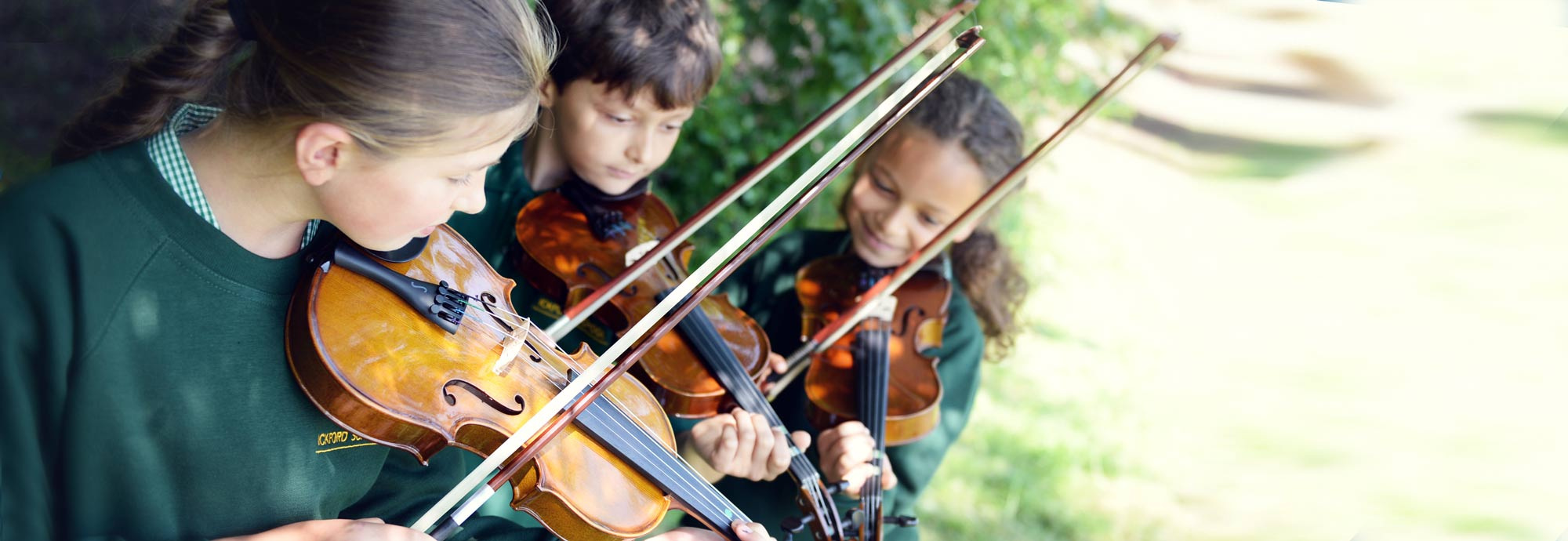Equalities Statement
Equality Statement
At Ickford School, we are committed to ensuring equality of opportunity for all pupils, staff, parents and carers irrespective of race, gender, disability, belief, sexual orientation, age or socio-economic background. We aim to develop a culture of inclusion and diversity in which all those connected to the school feel proud of their identity and ability to participate fully in school life.
We recognise our Public Sector Equality Duty (PSED) and make every effort to ensure a robust due regard for equality, particularly within the area of protected characteristics. We endeavour to:
Remove or minimise disadvantages.
Take steps to meet different needs.
Encourage participation when it is disproportionately low.
We tackle discrimination through the positive promotion of equality, by challenging bullying and stereotypes and by creating an environment which champions respect for all.
At Ickford School, we believe that diversity is a strength which should be respected and celebrated by all those who learn, teach and visit us.
Equality in Teaching and learning
We provide all our pupils with the opportunity to succeed and to reach the highest level of personal achievement by:
- Ensuring equality of access for all pupils and preparing them for life in a diverse society
- Using materials that reflect the diversity of the school, population and local community without stereotyping
- Promoting attitudes and values that challenge any discriminatory behaviour or prejudice
- Providing opportunities for pupils to appreciate their own culture and celebrate the diversity of other cultures
- Seeking to involve all parents in supporting their child’s education
- Utilising teaching approaches appropriate for the whole school population which are inclusive and reflective of our pupils.
Ensuring pupils engage effectively in learning
We are an inclusive school offering a broad curriculum. All children take part in all subject areas delegated to their year group, with the one exception of Latin which only some children take in Year 6. We do all that we can to ensure every child can access each subject including differentiation in various forms and the adaptation of resources. For example, exercise books have cream or colour tinted paper, backgrounds to interactive slides are tinted, areas around teaching screens are free from unnecessary clutter or distractions that may cause over stimulation. In addition, teachers utilise resources when necessary such as a microphone, digital recorders or specialised seating.
Attainment
Our equality duty means that we focus attention on performance gaps between groups of pupils, for example girls and boys, black, white and Asian pupils, and disabled and non-disabled students. This is underpinned by the Trustees who challenge the Headteacher and hold him to account for attainment and progress across the whole school.
Participation in school activities
Additional curriculum experiences are recognised as an important strategy for enhancing children's learning. As such, we are committed to maintaining our range of school outings, trips, visits and residential weeks both in England and in France. To ensure that no-one is disadvantaged we offer support with any payments in complete confidence and fund up to 100% of costs if necessary. We also ensure that visits do not discriminate against or offend any groups in school particularly those with protected personal characteristics.
Co-curricular activity and sports clubs are open to all children and usually mixed with regard to gender. The only exception is girls football which is open to girls and pupils identifying as female. The only restrictions on sports clubs are based on health and safety and age (where age may compromise health and safety).
Bullying
We meet the criteria for our equality duty very robustly when it comes to bullying and have a zero tolerance towards it in any form. It begins with high expectations of behaviour and clear, consistent behaviour strategies and policies.
All children know and use the 'Steps to Stop' strategy which helps to empower them to deal with adverse behaviour in and outside of school and beyond their school years. Communication lines are open including a simple way to communicate directly with the Headteacher and the school has a 'culture of telling' embedded in its daily life. The phrase not permissible amongst staff is, "Don't tell tales". Every child has a voice that is listened to as does every adult.
Improve careers and progression
We are very aware of the social mix and diversity amongst our stakeholders. We encourage all families to have high expectations of their children and to strive for the best secondary education when the children leave. To support this, we hold meetings with parents who need advice, and we contact schools where we believe a child may have an opportunity for an assisted place.
We endeavour to broaden every child's horizons and ambition by inviting professionals from different sectors in to give talks and to work with the children. These have included: Lawyers, Doctors, Members of the Armed Forces, Scientists, Geneticists, Sports Persons and Authors of varying genders.
Making effective use of data and information
We use effective data tracking systems to analyse progress on an individual as well as cohort basis. This enables us to understand the impact of teaching on specific groups and to plan effectively to ensure equality of access to the curriculum.
Our use of data and information also enables us to make timely interventions when necessary and to create support plans for any children whose progress declines or falters.
Equality in Admissions and Exclusions
Our admissions arrangements are fair and transparent and do not discriminate on the grounds of race, gender, religion, belief, disability and/or socio-economic background.
Equal Opportunities for Staff
All staff appointments and promotions are made on the basis of merit and ability and in compliance with the law.

